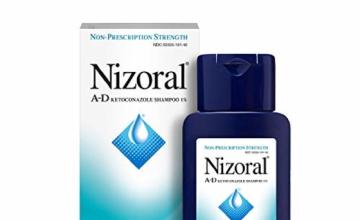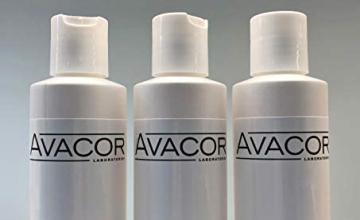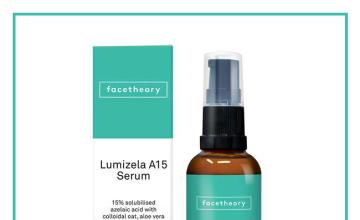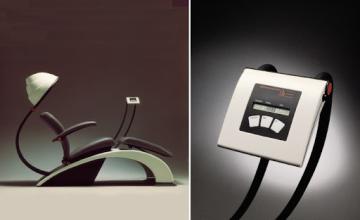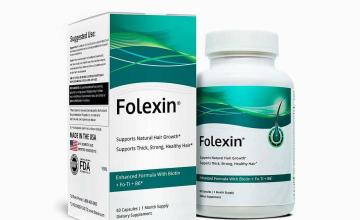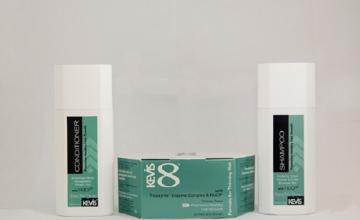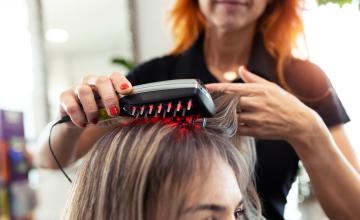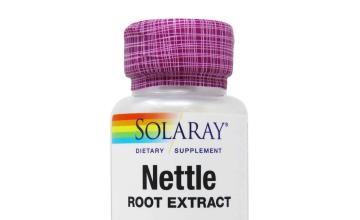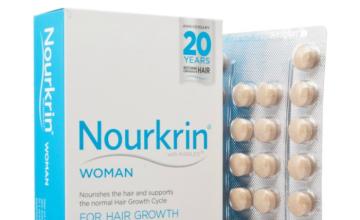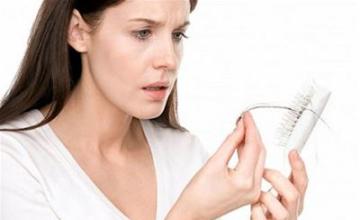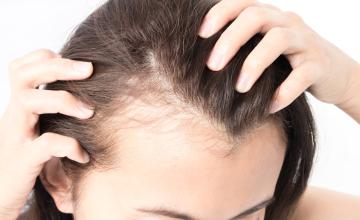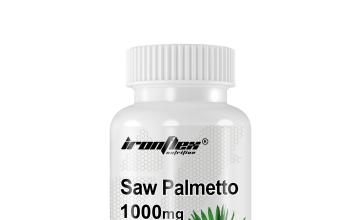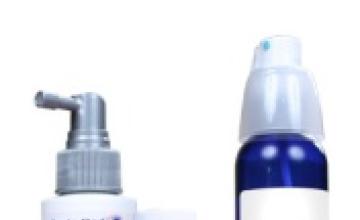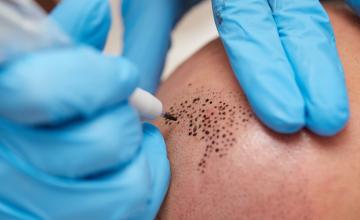 Para-Aminobenzoic Acid (PABA) has been called the anti-gray hair vitamin and is considered one of the lesser known members of the vitamin B complex family (despite the fact that it’s not really a vitamin at all). PABA is a non-protein amino acid and isn’t essential in the human body. It can be found in foods such as liver, whole grain, yeast, and kidney and is listed as an active ingredient in several popular herbal hair loss treatments such as Provillusfor women and Procerin.
Para-Aminobenzoic Acid (PABA) has been called the anti-gray hair vitamin and is considered one of the lesser known members of the vitamin B complex family (despite the fact that it’s not really a vitamin at all). PABA is a non-protein amino acid and isn’t essential in the human body. It can be found in foods such as liver, whole grain, yeast, and kidney and is listed as an active ingredient in several popular herbal hair loss treatments such as Provillusfor women and Procerin.
The potassium salt in PABA called POTABA is available on prescription. POTABA is indicated for Peyronie’s Disease and scleroderma. The dose for Peyronie’s disease and scleroderma is very high (12 grams daily in 4 to 5 distributions) and must only be used under medical supervision. Because of the high doses needed to achieve clinical efficacy, patient compliance is typically poor.
But can PABA actually treat male pattern baldnessor genetic female hair loss?
Some tests conclude that PABA when combined with other elements such as folate, biotin, and pantothenic acid, may restore pre-maturely graying hair to its natural color. Some anecdotal reports suggest it might also stop hair loss, however; there are at least as many reports that contradict this. Moreover, we haven’t seen any evidence to suggest it can stimulate new hair growth or hair regrowth.
PABA comes in doses of 100mg, 250mg, and 500mg as a standalone product. However, since no formal clinical studies have been performed on PABA for hair loss, a suitable dosage is mostly speculation. Additionally, since no regulations have been placed on herbal medication, one should proceed with extreme caution before taking any herbal supplement. Consulting with a doctor is advised.
Side Effects and warnings:
Some manufacturers of herbal replacements to medication would have you believe that herbal treatments come without potential side effects. However, this is a farce.
The following side effects have been reported from consumers of PABA: Anorexia, vomiting, nausea, hypersensitivity, fever and rash (particularly with larger doses). These symptoms went away when PABA is stopped.
Ironically, Provillusonly includes PABA in the woman’s formula. However, women should know that pregnant women, nursing mothers, and children should avoid using PABA.
For those with renal disease, PABA should be used with caution. PABA should be stopped if hypersensitivity develops. Those taking pharmaceutical doses of PABA must be under medical supervision.

